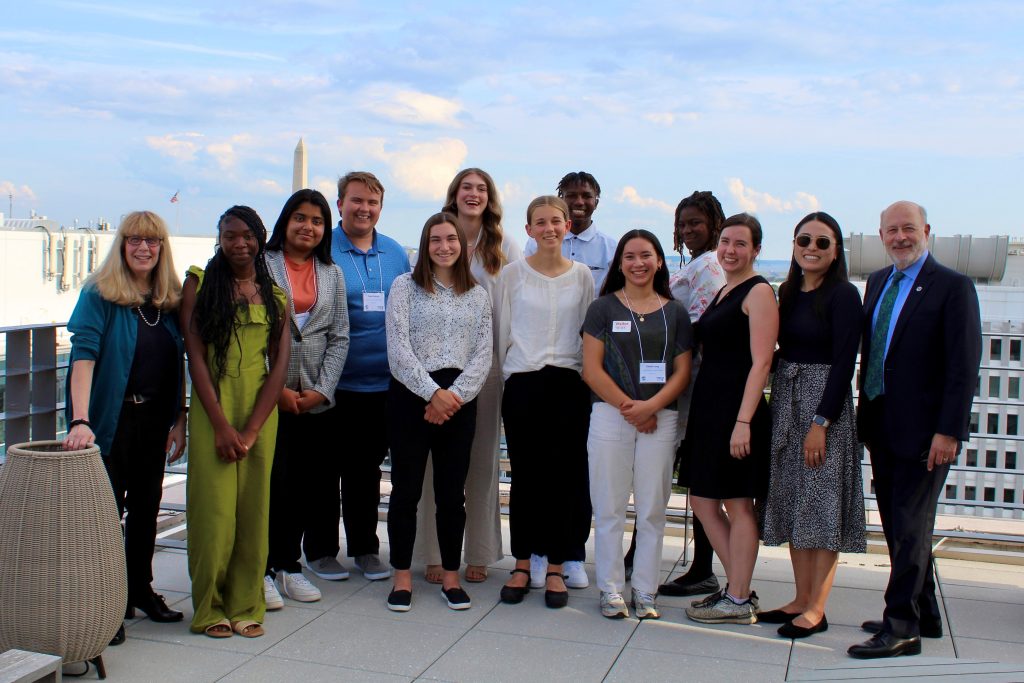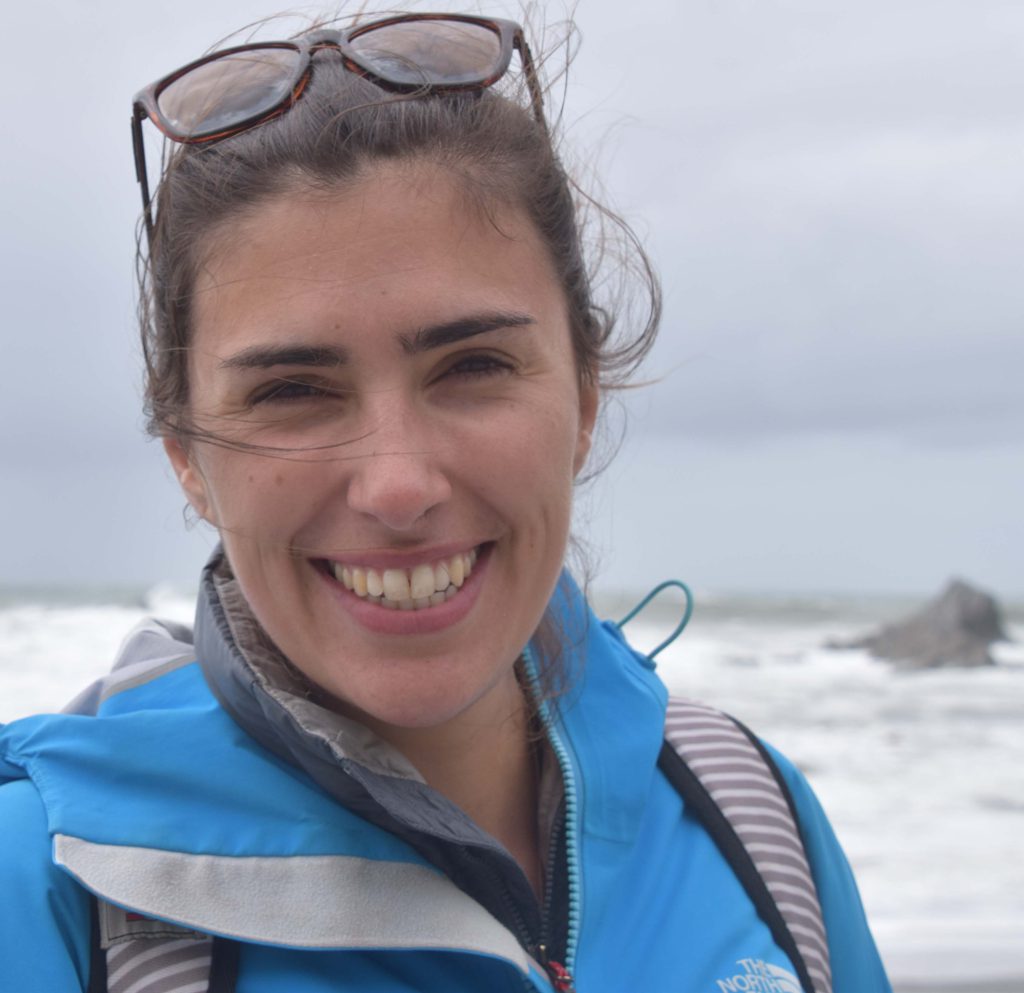Student opportunity – young changemakers fellowship
NOAA is pleased to announce the launch of the NOAA Young Changemakers Fellowship application for the 2024-2025 school year. This program is designed for current high school students who are passionate about the environment, climate, ocean, Great Lakes, and/or coasts. Program participants receive mentorship, skill-building opportunities, and financial resources to design and lead an action project in their own community. This […]
Student opportunity – young changemakers fellowship Read More »




